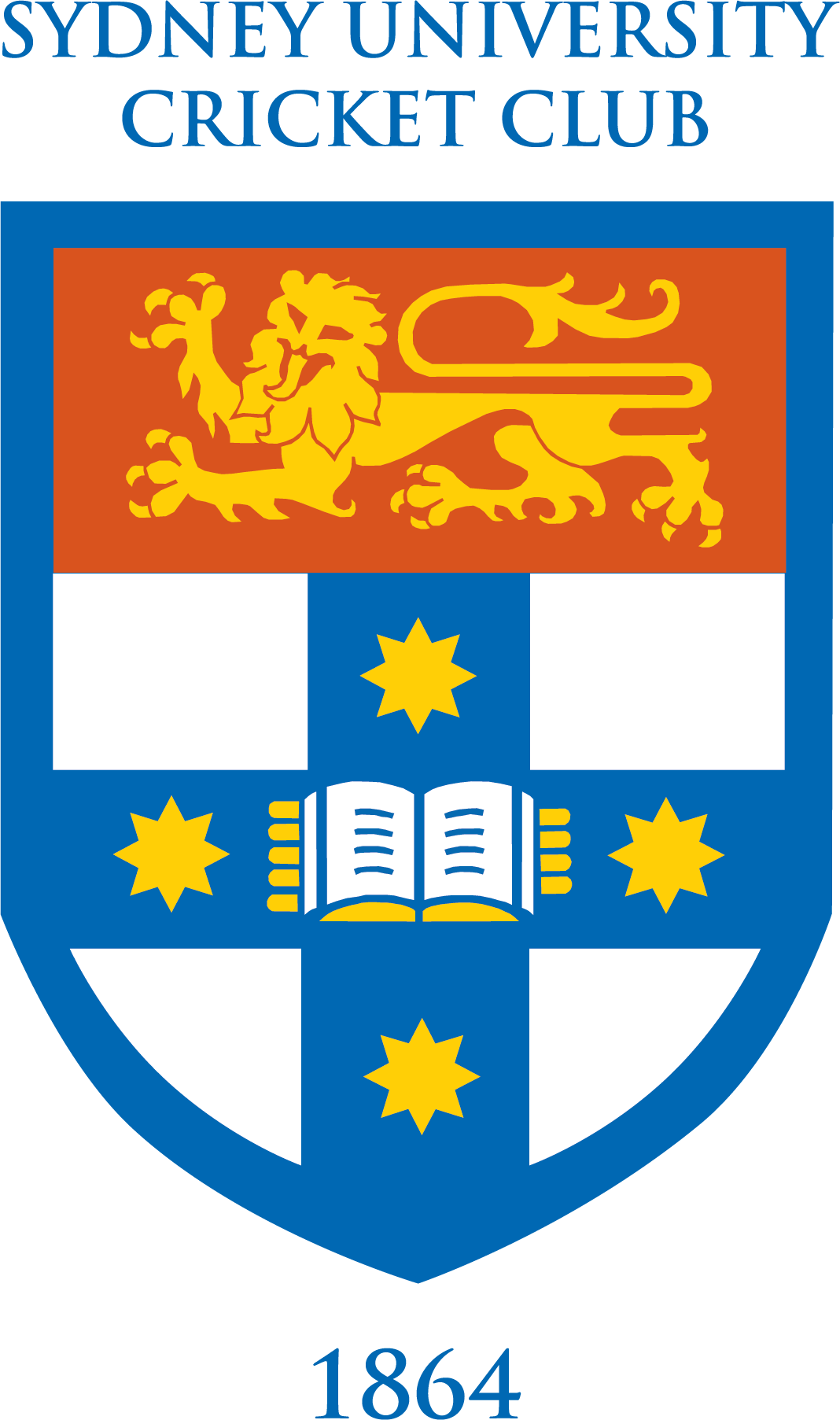By James Rodgers
Bernard Russell FRENCH, DSO, OBE
Bernard Russell French was born into Sydney Patrician classes. His father, Sir John Russell French, 1847-1921, was General Manager of the Bank of NSW. BR French was educated at Sydney Grammar School and, from 1904, at the University of Sydney while resident at St Paul’s College, studying Arts and Law(BA 1907, LLB 1910). At school, he had been a 150 yard runner but he had failed to gain a position in the school 1 st XI which was exceptionally strong. He batted and bowled steadily in the school’s 2nd XI and passed in Latin, French, Algebra and Trigonometry in the Senior Examinations of 1903. During the Great War, he enlisted in London while he was holidaying there in 1914 and rose to the rank of Lieutenant Colonel in the Royal Munster Fusiliers and was twice mentioned in despatches and twice decorated (DSO, Silver Medal of the Crown of Italy). An account of his time at Gallipoli, Salonika, Palestine and France is preserved in a series of detailed letters that he wrote to his father (“My dear Father”).
Similarly, his time in Southern Arabia and West Africa was the basis for a series of published letters that he wrote to the Editor of The Sydneian, the Sydney Grammar magazine. Resuming civilian life, he lived for another 48 years after the War ended. It is, however, his one match in 1st Grade for SUCC that forms the basis for this story. In January 1909, the University selectors had to contend with the usual difficulties that their sides encountered during University vacation. There were absentees due to the vacation and others who took a rest “earned after successfully getting through exams.” The lower grades were particularly affected. In this round, 2nd Grade narrowly avoided outright defeat. 3 rd Grade lost conclusively on the first day. In 1st Grade, against Waverley, there were five changes from the team that had played the previous match (in Round 5 as University had a bye in Round 6).
OB Williams replaced James Hughes as an opening batsman. William Makin replaced Roy Minnett, the future Test player. Hector Clayton came in for NG Ducker. Eric Fisher replaced the leg spinner George Willcocks who had started the season in 2 nd Grade where he took 12 wickets in the first game and then took 17 wickets in four games in 1 st Grade. And French was selected in place of AL Butler who had played the last of his two 1 st Grade games. Williams began promisingly with 44 but he ran out Eric McElhone, soon to become one of University’s NSW players. The other four replacements managed only 23 runs between them and University tumbled to 178 all out. Batting last, French made 3 before giving Addison, a straight medium fast bowler, his fourth wicket for the innings. Waverley were 0 for 100 by stumps. The Australian player, 38 year old Syd Gregory, who eventually played 58 Tests for Australia, and NSW batsman, Alick Mackenzie, who had played the first of his 48 games for NSW 21 years before this season, had experienced few difficulties.
On the second day, Waverley, now in second place in the 1 st Grade competition, were ruthless against an inexperienced attack. University batted again, 207 runs behind but time prevented any further result. Games on either side of this round show how much University missed its regular players. In Round 5, Willcocks’ 6 for 95 was instrumental in University’s victory against Norths by only 24 runs. In Round 8, Minnett took 6 for 36 as Gordon was dismissed for 102. French had been playing for the Club since 1907-08 and he had scored valuable runs and taken consistent wickets with his medium pacers in 2 nd Grade. He served on the Committee of the Club and played for the Veterans’ XI after graduation. He was not without ability or experience, aged 24 at the time of this match. On the second day, he took the wickets of both veteran openers (although Mackenzie scored 165) and later in the innings, he bowled Lloyd for 0. French bowled steadily, finishing with 3 for 82 in such an imposing total. The main bowlers suffered. Stack 3 for 92, Makin 0 for 61 and Matthews 1 for 98 made little impression.
For the next round against Gordon at the SCG, Ducker, Minnett and Willcocks returned to 1 st Grade and HH Massie, son of the Australian player of the same name, made his debut after a century in 2 nd Grade. French returned to his studies, to St Paul’s and to 2nd Grade where he bowled without significant success.
By September 1914, he had enlisted in London.
In 1928, he married Margot Blomfield. They were to raise two daughters and a son.
On 10 February 1966, he died at Edgeworth, Gloucester.
He remained largely forgotten even by those who had played in his one 1st Grade match and who lived as long or even longer. Eric McElhone, the last of that side to die, aged 94 in 1981, had an exceptionally sharp mind and clear memory. Even he couldn’t remember the medium pacer who had dismissed a Test batsman and a NSW player in his only 1st Grade match.
Acknowledgements to Jim Cattlin for his research into the Sydney Grammar School records.

